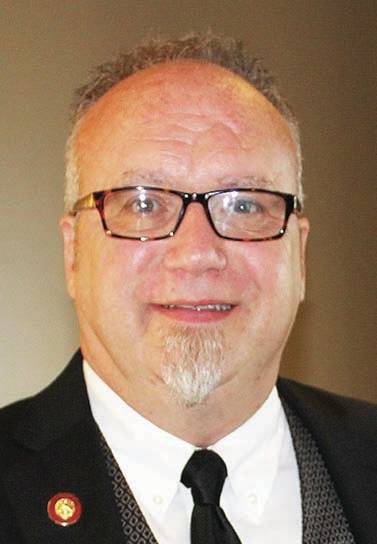Interpreting messages
Published 6:00 am Friday, February 22, 2019
By Judith Victoria Hensley
Plain Thoughts
In a recent conversation through emails with a friend, a very important lesson came up. She made a comment. I responded. The meaning she took away from what I said was totally different than what I intended. Thank goodness the whole thing came into the open.
How often does this happen with all of us, I wonder?
The comment was that I try to “speak the truth in love.” I meant this the best possible way that I know how to deliver. If people don’t want me to answer a question honestly according to my thoughts and interpretations of a situation, they should never ask me. I feel obligated to tell them the truth as I see it if they insist on a comment or perspective from me.
The trouble is that any time we are observers from the outside of a situation, or are speaking to what we perceive as truth, we have limited information. We cannot know what’s inside another person’s thoughts, in their hearts or in their motives. We can’t know what parts of their story they are leaving out.
We all process what happens to us or what is said to us through our own life experiences and our own personal filters. We have prejudices and fears about certain things of which we may not even be aware.
The person with whom I was discussing a situation, took my comment to “speak the truth in love,” as me telling her not to speak the truth, or if she did, to water it down until it was sugary sweet, and powerless. She interpreted “love” as not ever saying anything that would offend or hurt someone else’s feelings.
Many preachers have fallen into this trap. They have a responsibility to bring the message of the Bible, undiluted to their parishioners and to the public. But truth isn’t always popular if it is contrary to what people want to do. Unfortunately, many in pulpits are worried about being popular and growing their ministries more than delivering the truth, so they make the gospel so sugary sweet that people go away from their services patting themselves on the back and thinking they are just fine as they are, and sin doesn’t matter. They are popular as ministries go, but in a way, they are feeding sin and not the soul.
So, when my friend challenged me in my comment that my desire is to “speak the truth in love,” I thought I was saying one thing and she thought I was saying something completely different.
It is such an easy trap to be offended by something that is said when the person speaking had no intention of bringing insult or confusion. The only successful solution I can see is that people talk more openly to each other, remain truthful, but be willing to discuss things and make sure they’ve actually understood what the other person was trying to say and vice versa.
Another important aspect to this recent communications misunderstanding is that the conversation took place on computer.
With this trend in social media, where people do not communicate face to face, where facial expressions and body language can be seen and without hearing the tone of voice behind the statement, there is plenty of room for misunderstanding.
In the year 2018, it is estimated that 281 billion, yes billion, emails were exchanged, according to Lifewire. It is estimate that Facebook chat messages have climbed to one billion per day. According to TextRequest, Americans send 6.5 trillion texts per year.
The numbers are mind boggling.
Conversations used to primarily take place face to face, and the importance of handwritten letters was extreme. Then the telephone and telegraph came into existence, eliminating the visual impressions of the person’s mood or intentions when they said something. On the telephone, sound of voice and tone still conveyed meaning and emotion.
Texting, emailing, tweeting and Facebook Messenger eliminate the personal delivery and cloud the interpretation of messages.
Perhaps our best approach is to choose our words more carefully from the start.
Reach longtime Enterprise columnist Judith Victoria Hensley at judith99@bellsouth.net or on Facebook. Check out her blog: One Step Beyond the Door.





